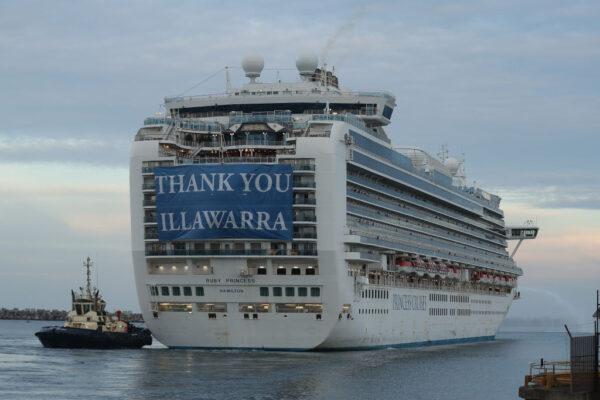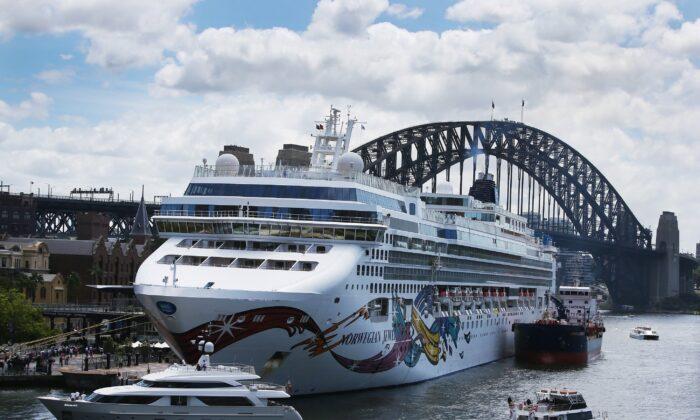Australian travel agents are planning a series of protests next month over continuing restrictions imposed on the tourism industry, which has been devastated over the course of the pandemic.
“We were told to wait until the vaccines arrived, or told to wait till we reached herd immunity which moved from 70 to 80 to 90 percent,” she said.
“Now we’re here we still don’t have a restart plan, and there’s really no reasonable justification.”
Goldie said the government has imposed “a spider web of restrictions” which discouraged Australians from travelling.
“For us, it’s frustrating, and it’s also very confusing. So imagine what it’s like for our customers.”
The first rally is set to kick off in Sydney on Jan. 9, 2022, followed by a second protest in Brisbane two weeks later on Jan. 23, 2022.
For example, a Jetstar spokesperson said its cancellations were the result of many several staff being forced to “test and isolate as close contacts.”
John Sharp, deputy chairman of Regional Express Airlines said on Dec. 20, the risk of flight cancellation is “very much up to state premiers,” who have proven in the past that they are “very keen and willing to close borders and introduce travel restrictions.”
People had been “persuaded” to get the COVID-19 jab to not only protect themselves against getting the virus, but also to travel freely, he said.
“I think it would be a breach of trust between governments and the public if state premiers were now to say, despite the fact that we have got the highest vaccination rates anywhere in the world, we are going to close borders and restrict your ability to travel,” he told the Today program.
“Keep your nerve and don’t break that trust.”

Joel Katz, managing director of Cruise Lines International Association, said Australia was the only major cruise market in the world without an agreed plan to resume cruising.





Friends Read Free